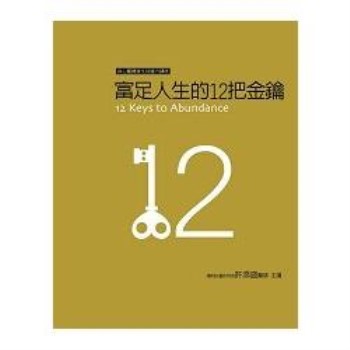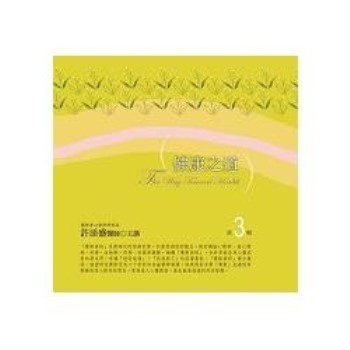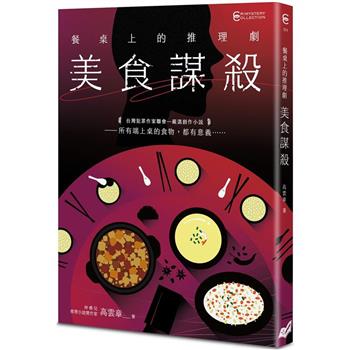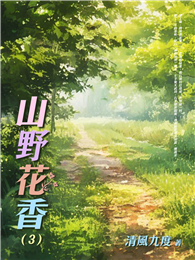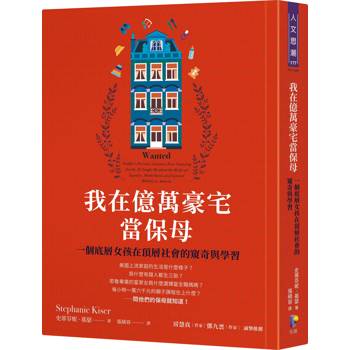The Tao-te Ching, written in China about 200 BCE, is preserved in some eighty-one chapters, a blend of folk-beliefs, homely wisdom and religious beliefs which pervade old China. It is divided into two halves - the first concerned with the Tao, Way or Path, the second describing Te, inner virtue, power or self-esteem. Tradition states that Lao Tzu wrote this book in a single night, as he was passing through the mountains to the West, disgusted at the violence and extravagances of his world. It advocates quietism and inner radiance of spirit, a cultivated harmony and intimacy with nature, and reverence for the yielding feminine principle. Less orthodox than Buddhism, more tolerant than Confucianism, its ideas of interconnectivity, peaceful co-existence and self-responsibility are surprisingly recognized as the hallmark of modern physics and a new world view. At barely 5000 words, its influence has been quite disproportionate to its length. Richard has worked from the original Chinese commentaries to construct this new translation.
| FindBook |
有 1 項符合
Tao-te Ching: The Tao and Self-Esteem A New Translation的圖書 |
 |
Tao-te Ching: The Tao and Self-Esteem A New Translation 作者:Bertschinger 出版社:Createspace Independent Publishing Platform 出版日期:2016-11-03 語言:英文 規格:平裝 / 98頁 / 22.86 x 15.24 x 0.58 cm / 普通級/ 初版 |
| 圖書館借閱 |
| 國家圖書館 | 全國圖書書目資訊網 | 國立公共資訊圖書館 | 電子書服務平台 | MetaCat 跨館整合查詢 |
| 臺北市立圖書館 | 新北市立圖書館 | 基隆市公共圖書館 | 桃園市立圖書館 | 新竹縣公共圖書館 |
| 苗栗縣立圖書館 | 臺中市立圖書館 | 彰化縣公共圖書館 | 南投縣文化局 | 雲林縣公共圖書館 |
| 嘉義縣圖書館 | 臺南市立圖書館 | 高雄市立圖書館 | 屏東縣公共圖書館 | 宜蘭縣公共圖書館 |
| 花蓮縣文化局 | 臺東縣文化處 |
|
|
圖書介紹 - 資料來源:博客來 評分:
圖書名稱:Tao-te Ching: The Tao and Self-Esteem A New Translation
|
